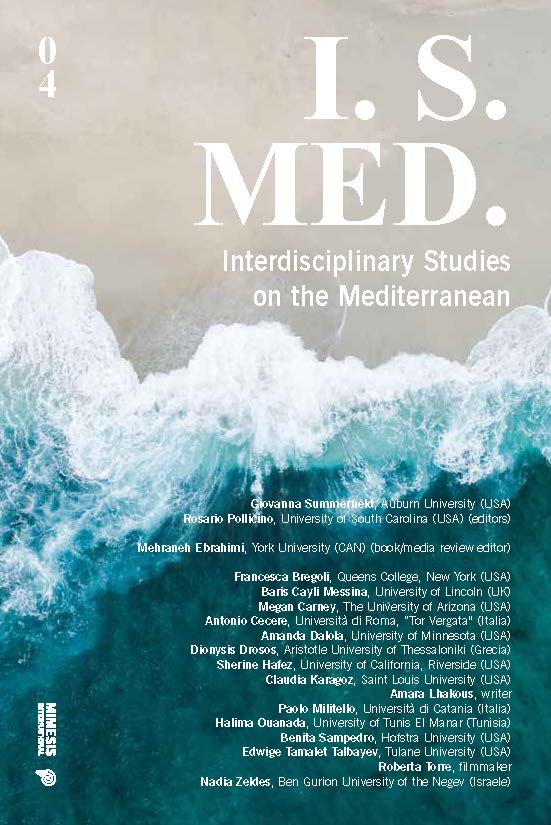Olympic Barcelona and the Mediterranean Through Displacement and Satire in Eduardo Mendoza’s Novels
Keywords:
Barcelona, Eduardo Mendoza, novel, displacement, satire, financial imaginariesAbstract
This article aims to explore displacement and satire of ways of urban life in the Mediterranean before and after the Barcelona Olympic Games of 1992 in three of Eduardo Mendoza’s novels: Sin noticias de Gurb (1991), La aventura del tocador de señoras (2001) and El secreto de la modelo extraviada (2015). These three novels testify to and fictionalize an alternative narrative (featuring the other side, the margins, the outskirts) of the euphoric development of contemporary Barcelona and how the city has undergone urbanistic, political, and structural transformation for the international event with its repercussions in the social fabric. Paying attention to their excentric narrators interacting with different classes of people, such developments are inscribed in Mendoza’s novels through senses of displacement and effects of financialization, while interacting with the language of humour and satire as critical prism to the representation of the absurd happening to various characters mainly involved in a crime situation. Taking into account some of the ideas from influential and emerging studies on crime fiction and the Mediterranean especially by Barbara Pezzotti and Stewart King, this article’s angle through satire in Mendoza’s novels are considered creative displacements in language, geography, and narrators, rendering them a critical method of how culture and society in contemporary Barcelona (represented through characters, autochthonous and issued from migration) has distinguished itself from other places of the Iberian Peninsula but unites with the rest of the Mediterranean on its worldly aspirations and outlook at a certain cost to urban life. The article will develop displacement and satire through the construction of the city, the novel as space of interaction, and the role of money and financial imaginaries. Mendoza’s novels that feature pre- and post-Olympic Barcelona fit the discussions within the framework of Mediterranean literature, as Mendoza’s lucid satirical worldview in fiction commonly resonates with the complexities of contemporary life, such as the challenges that come with the transition and the perception of the local culture in a multicultural environment at a time when the state of politics and financialization that have become intertwined.


